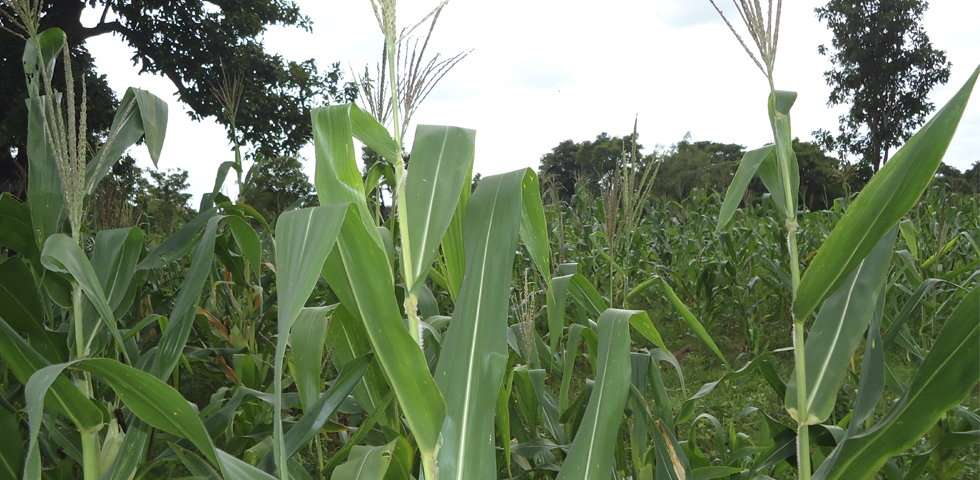Indigenous perceptions of soil erosion, adaptations and livelihood implications: the case of maize farmers in the Zampe community of Bole in the Northern region of Ghana
Main Article Content
Abstract
Soil is an important natural resource which when effectively managed, could increase the livelihoods of households in sedentary agricultural communities. Soil erosion is however an emerging challenge as a cause of environmental degradation and this paper sought to ascertain the nature of soil erosion on maize farms, the effects of soil erosion on maize crop farmers and the effectiveness of local control measures on output levels and the livelihoods of the farmers. A cross-section of the community was taken and participants were selected non-probabilistically by snow-balling for questionnaire administration and focus group discussions. The study revealed that the local farmers perceived soil erosion as the wearing away of the top soil and nutrients, under the influence of running water during rainy periods and the slope of the land. The major effects of soil erosion were found to be the loss of fertile soils, reduction in the cultivable land area, the reduction in the crop yield and a fall in the living standards of farmers’ households. The findings also indicated that some of the adaptive strategies to reduce the effects of soil erosion include shifting cultivation, ridging across slopes, planting on raised mounds and avoidance of deep ploughing. It was further revealed that farmers who successfully applied the traditional methods improved upon their output levels per land area and the standards of living of their families It was recommended that modern agricultural extension services were needed, not to replace, but to complement the local knowledge systems in order to ensure sustainability.
Article Details
Issue
Section

This work is licensed under a Creative Commons Attribution-NonCommercial-NoDerivatives 4.0 International License.

